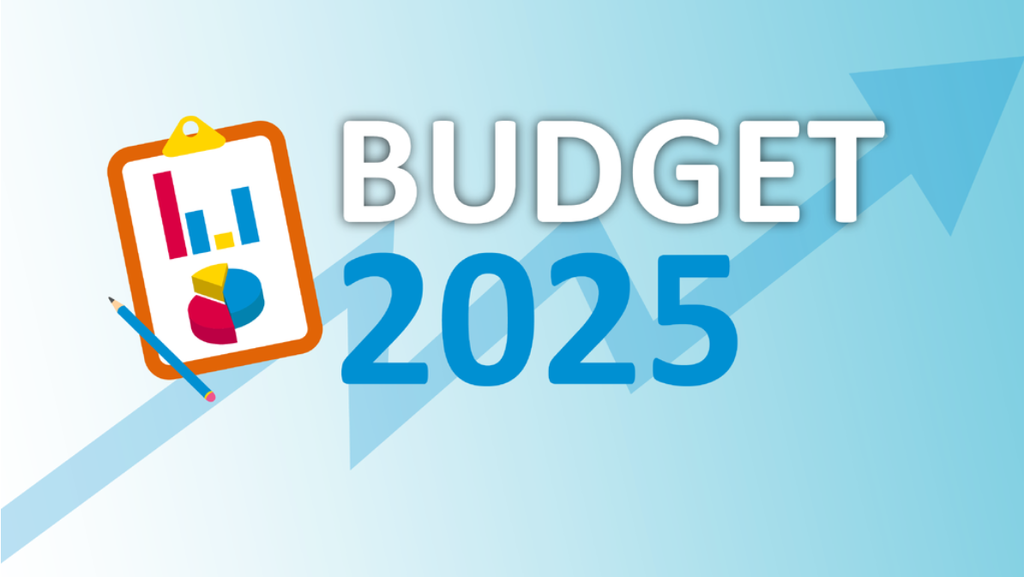
On Tuesday, October 1st 2024, the Government announced Budget 2025. Income adequacy is a key issue for the Irish National Organisation of the Unemployed (INOU). According to the Survey of Income and Living Conditions (SILC) 2023, the three key poverty indicators: the at-risk-of-poverty rate; deprivation rate; and the consistent poverty rate were 10.6%; 17.3%; and 3.6%. However, for people who were unemployed these figures were much higher at 25.5%; 37.8%; and 9.4% respectively.
In Budget 2025 the Government announced that they would increase core weekly social welfare rates by €12, with proportionate increases for recipient with a qualified adult, approximately two-thirds of the main claimant’s payment. From January 2025, the maximum personal payment for someone on a Jobseeker’s Allowance and aged over 25 will be €244, and the Increase for a Qualified Adult (IQA) will be €162. Anyone aged under 25 on a Jobseeker's Allowance payment will receive a maximum payment of €153.70 – for this age group the IQA will also be €153.70. Anyone aged under 25 living independently with State support will receive up to €242, and the IQA will be €162.
They also announced that the Qualified Child Increase, which they have renamed the ‘Child Support Payment Increase’, will rise by €4 for children under 12 years of age and by €8 for children 12 years+. While in November, 2024 a cost of living lump sum payment of €100 will be paid for each qualified child.
For people who have been on a Jobseeker’s payment for at least a year and are in receipt of the Fuel Allowance, a lump sum of €300 will be paid in the winter of 2024. Minister Paschal Donohoe also noted in his speech that “I am also pleased to announce a further one billion euro for a range of cost of living supports, including an October bonus double payment for recipients of long-term Social Protection payments. Nearly one point four million people will benefit, including pensioners, people with disabilities, carers, lone parents and the long-term unemployed.” There will also be a double payment in December for long-term social welfare recipients, traditionally known as the Christmas bonus.
On the day, the Department of Social Protection also announced that the new Jobseeker's Pay-Related Benefit Scheme will start March 31st, 2025, and will apply to all new applications thereafter. We understand that people not fully unemployed (seasonal/part-time / etc.) prior to March 31st can remain on their existing Jobseeker’s Benefit payment until their claim is exhausted.
A key ask for the INOU in our pre-budget submission was a call on the Government to acknowledge that “Given the cost of participation on employment programmes, support participants to meet them by increasing the additional payment on these programmes by €10.” No increase in the additional payments on employment programmes was announced in the Budget speeches or in the documentation published on Budget 2025 page on gov.ie. Participants on these programmes will see their core payment rise in line with core social welfare rates. While the baseline rate for the Work Placement Experience Programme will increase by €24 per week. The increase in the Working Family Payment Threshold by €60 is also to be welcomed, this should start in 2025. While in November 2024, there will be a €400 cost of living lump sum payment to all families getting the Working Family Payment.
With a budget of only €0.5bn, the Department of Rural and Community Development is Ireland’s second smallest spending department, yet its expenditure underpins important work in local communities, work on poverty, inequality and socio-economic exclusion carried out by a wide range of community, voluntary and charitable organisations. Amongst the increases announced in this year’s budget was €3m for the Community Services Programme; €2.5m for the Social Inclusion and Community Activation Programme and similar type supports; €1.6m for supports for Community and Voluntary sector; €1.6m for PEACE programme; and €1m for mentoring and development of social enterprises. Given the range and depth of issues to be addressed further funding increases will be required to underpin and develop social and economic inclusion and integration in Ireland.
In Budget 2025 Expenditure Report, the chapter on the Department of Further and Higher Education, Research, Innovation and Science, under the theme of Skills Development it notes an aim to “Drive a step change in workforce transformation through a SME Upskilling Incentive Scheme and address demand for upskilling in the Community, Voluntary and Social Enterprise sector”. There appears to be no new announcements on supporting unemployed people, people furthest from the labour market to enhance their skills and secure better employment.
The INOU’s analysis of Budget 2025 is available here.